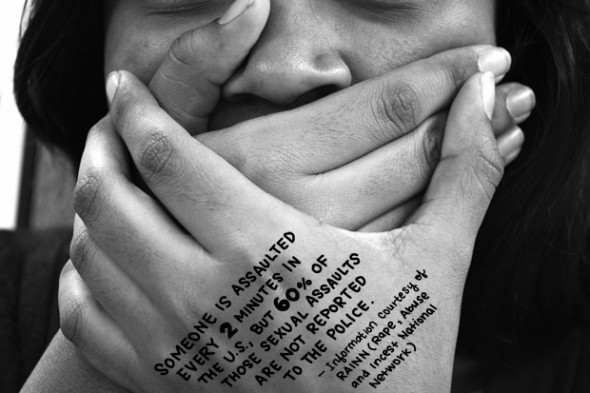
Blog is based on chapter Finding the Courage to Cover Sexual Violence by Frank Smyth in a book “Attacks on the Press 2014 edition”.
Reviewed by Alexis Macklin.
Covering sexual assault including rape can bring swift and unpredictable repercussions leaving journalists and others torn over how best to navigate the risks.
Reporting on sexual violence needs to be mindful because of the potential risk to the:
- journalists themselves
- victims of the attacks.
The whole topic is very sensitive and requires sensitivity, compassion and professionalism, both in interviewing survivors and in choosing the words to honestly and clearly describe these crimes.
Attitudes about reporting on sexual attacks are different in different countries. For example gang rape case in India in December 2012 ended up generating more coverage in Indian newspapers, on television news and commentary programs and even in social media forums than eve before.
Once again we can talk about cultural differences. In many nations a gender- based sense of “honor” in another reason why sexual violence is often kept out of the press. Ali Shahidy, a writer and women’s rights activist says that Afghanistan is one nation where family’s honor or its perception helps keep sexual assaults from being reported. If a woman in the family is sexually assaulted they keep it as close as they can to protect their honor.
Another reason why crimes of sexual violence may go unreported are sexism and misogyny.
Journalist themselves have been raped while they were covering other issues. CBS television correspondent Lara Logan was attacked while she was covering an anti-government demonstration in Cairo in 2011.
Kate O’ Brian president of AlJazeera America told us in journalism it is important to let all parts to talk, everybody has a right to tell his side of the story or remain silent.
In many other cases sexual assaults are kept quiet because they occur within the home. There are many female journalists who are themselves victims of domestic violence, these are well-educated women who have a voice in their own societies, but they are alone.
The whole topic is very sensitive and requires sensitivity, compassion and professionalism, both in interviewing survivors and in choosing the words to honestly and clearly describe these crimes.

Hello Krista,
This is an emotional topic. Reminds me of my interviews with women formerly abducted when children and assigned in the bush as ‘wives’ to commanders of the notorious Lord’s Resistance Army (LRA) rebels. Few of the women’s surviving relatives have shunned them on return home. The community despises them as ‘impure’ and a bad omen. They have no means of self-sustenance, and face difficulty getting suitors. Some have kids fathered by the rebels. Many of these ex-captives now endure sexual abuse or domestic violence, just so they can feed themselves and their children.
Krista,
You brought up a good point that even though sexual violence is wrong in all cases, the journalist must think of the victim first. If they do not want their identity to be revealed, that should be honored. Sometimes we can still use their story, but we can use fake names to protect their identity. Still, some are afraid that someone will find out their identity, and their family name will be ruined, and also their own.
I was so glad that you shared with us in class that the Poynter institute has a class on how to cover stories of sexual assault. It’s such a touchy subject, and journalists need to be as prepared and sensitive as possible when covering these cases. Hopefully, as we all educate ourselves more, we will be able to find a good balance of truth telling and minimizing harm, while showing rape as a big societal issue, not just isolated incidences.
Thank you, Krista, you have summarized the topic in an excellent manner, both here and in class. I believe journalists all over the world need to cover the issue in order to produce real changes in their societies.